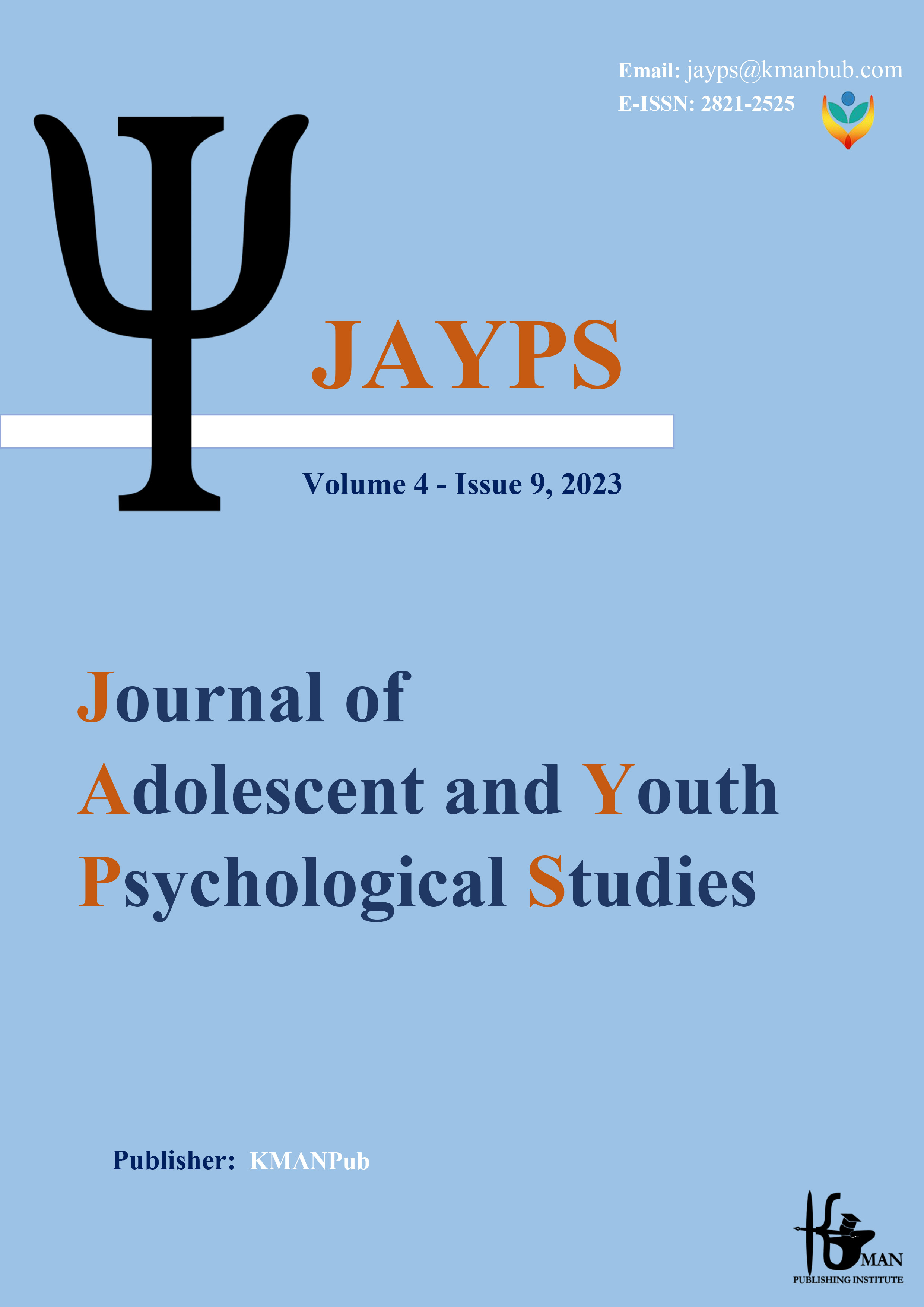The effectiveness of emotion-oriented therapy on the symptoms of oppositional defiant disorder and anxiety symptoms of male Adolescents with oppositional defiant disorder
Keywords:
Emotional therapy, anxiety, oppositional defiant disorder.Abstract
Background and Aim: One of the major problems of adolescents who are involved in oppositional defiant disorder is anxiety; Anxiety, with a prevalence of about 2-5%, means severe and extreme fear of situations where there is a possibility of analyzing a person's behavior and fear of his negative evaluation in social situations; Therefore, the aim of the present study was to investigate the effectiveness of emotion-oriented therapy on the symptoms of oppositional defiant disorder and anxiety symptoms of adolescent boys with oppositional defiant disorder. Methods: In terms of purpose, the current research was of applied type and the method of conducting it was quasi-experimental with a pre-test and post-test design with an experimental group and a control group and a two-month follow-up period. Therefore, the statistical population of the study included all male children who referred to a private counseling center in the 11th district of Tehran due to the symptoms of oppositional defiant disorder. 30 people were selected by available sampling and randomly assigned to an experimental group (15 people) and a control group (15 people). Then, the emotion-oriented treatment package taken from Greenberg and Geller (2012) was implemented on the experimental group. In order to collect the data, the research tool included the Achenbach Adolescent Behavioral Problems Scale (YSR) and the Anxiety Questionnaire (SAS). The subjects of both groups completed the questionnaires at the beginning of the research, and then the experimental group received emotional therapy, while the control group did not receive any intervention. In the descriptive part, frequency distribution tables were used, and in the inferential part of data analysis, mixed variance analysis with repeated measurements and Bonferroni's post-hoc test and SPSS software version 26 were used. Results: The F-value and the significance level of the obtained value were calculated in the variables of symptoms of oppositional defiant disorder (F = 8.21 and P = 0.004) and anxiety (F = 8.09 and P = 0.004). Therefore, it can be concluded that the intervention used in this research, that is, emotion-oriented therapy as an independent variable, significantly caused changes in the dependent variables (symptoms of oppositional defiant disorder and anxiety). This means that the changes made in the dependent variables were caused by the implementation of emotional therapy. Moreover, the results of the post-hoc test indicated the stability of the effectiveness of emotion-oriented therapy on the research variables. Conclusion: Based on the available findings, it can be concluded that emotion-oriented therapy can be useful for the treatment of those suffering from the symptoms of oppositional defiant disorder and reducing their anxiety.
Downloads
Downloads
Published
Issue
Section
License

This work is licensed under a Creative Commons Attribution-NonCommercial 4.0 International License.





























